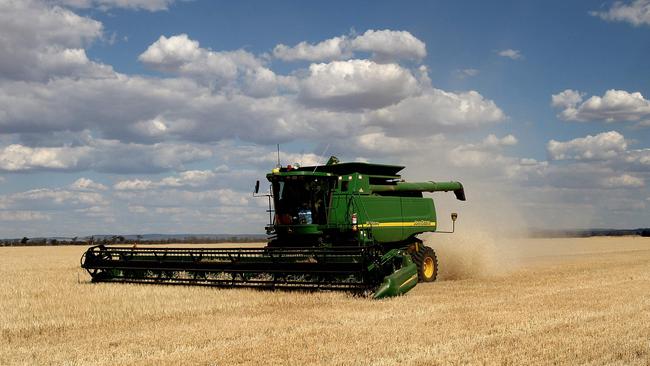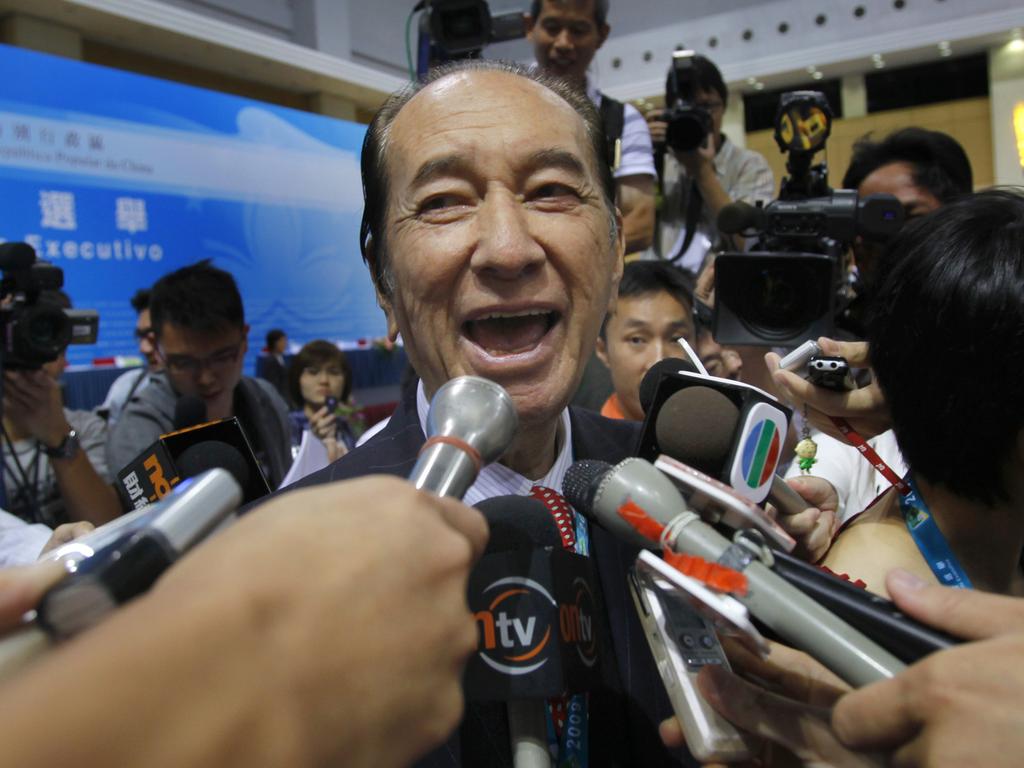Chinese barley tariffs lead to ships changing course
Australian barley on its way to China has been diverted mid route to Japan and the United Arab Emirates.

Australian barley on its way to China has been diverted mid route to Japan and the United Arab Emirates following China’s decision to impose punitive trade tariffs on the grain.
Four ships carrying Australian barley have changed course or cargo after rising trade tensions led to China — Australia’s biggest barley buyer — enforcing an 80 per cent tariff on the grain, costing regional communities at least $500m.
Grain exporters, including Australia’s biggest, Perth-based CBH, have been in talks with Japan, Vietnam, Saudi Arabia and other countries to sell barley originally destined for China.
While new sales can take weeks to arrange, ships loaded with barley have changed course immediately.
The Malaysian-flagged ship Eco Dynamic, which is carrying 23,000 tonnes of barley from South Australia originally destined for China, has been redirected to Japan.
Last week the African Quail was diverted from sailing to China to instead head for the United Arab Emirates. Meanwhile, the Atlantic Bulker switched its load from 30,000 tonnes of barley destined for China to canola. Its destination is yet to be confirmed.
But not all ships have changed course. The Federal Innoko was approaching Dalian, China on Monday, while several other ships maintained their route to China.
China announced on Monday last week that it would impose an anti-dumping tariff of 73.6 per cent and an additional subsidy margin of 6.9 per cent margin on Australian barley, following an 18-month investigation.
The Australian understands trade talks between Australia and Japan happened hours before the announcement, and barley was on the agenda.
Grain growers say China’s decision will cruel the Australian-China Barley trade, which accounted for the majority of Australia’s barley sales. In the past five years, China has bought 60-70 per cent of Australian-grown barley.
Meanwhile, the tariffs will hurt Chinese breweries. Tsingtao uses about 200,000 tonnes of Australian grain every year and says it is the “best quality”. Chinese brewers favour Australian-grown grain because it is clean, and the dry climate means it does not carry the contaminants that can be found in barley from wetter countries.
Grain Growers chairman Brett Hosking was confident barley initially destined for China would find new markets, it just depended on the price point.
“There are a lot of other markets around the world and we also know that China will have to fill the void of barley from somewhere,” Mr Hosking said after China announced the tariffs.
“It could well be from countries including France, Canada and even the Black Sea (area) and we know wherever their barley was destined to go those markets will now open.”
Meanwhile, days before the Chinese announcement, GrainCorp CEO Robert Spurway said there was no basis for an 80 per cent tariff on Australian barley exports to China. A dumping tariff is a penalty for selling barley too cheaply, while the subsidy tariff is believed to relate to Australia’s drought support measures and diesel fuel tax rebate.
“Clearly, it is our preference that there are no tariffs imposed and it’s our view that there is no basis for them to be imposed,” Mr Spurway said, adding that GrainCorp had no material exposure to China’s barley tariff.








To join the conversation, please log in. Don't have an account? Register
Join the conversation, you are commenting as Logout